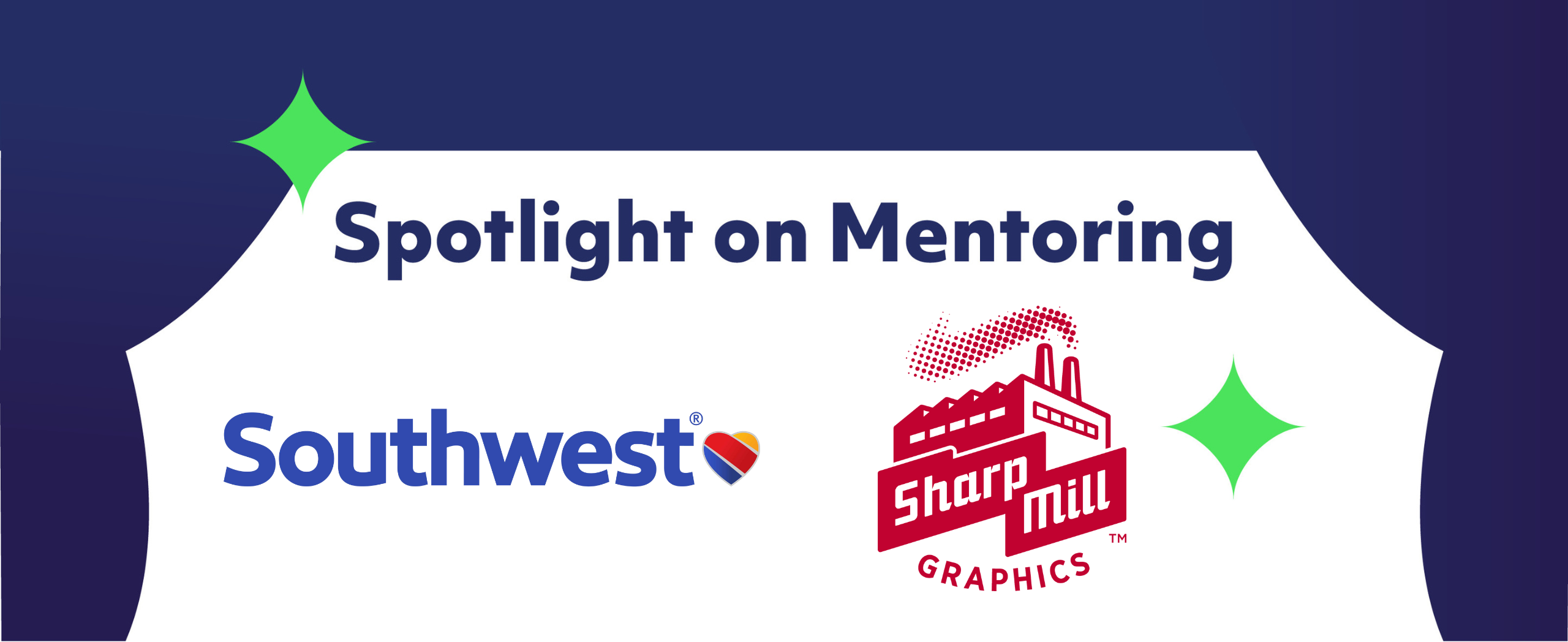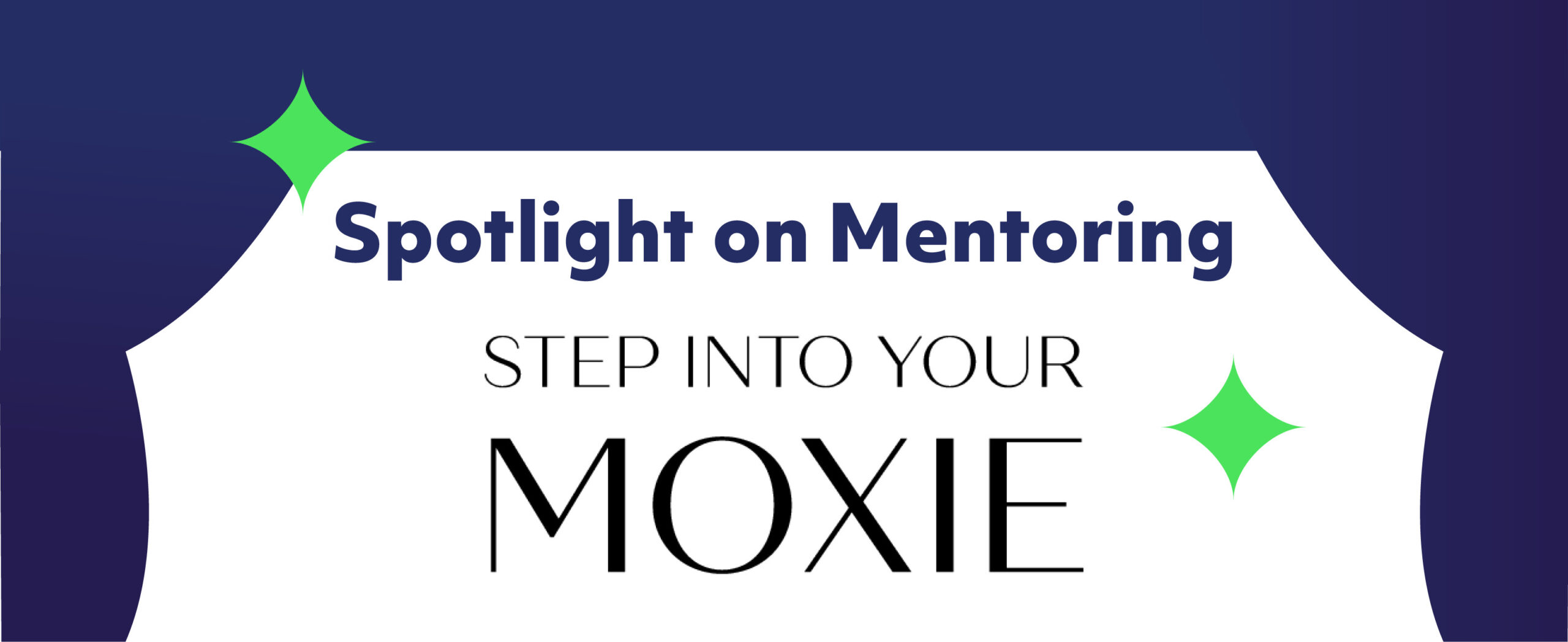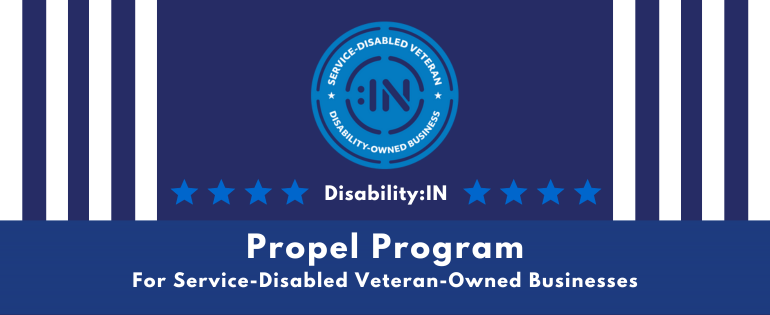Kathleen Castore, Disability:INs Supplier Mentoring & Development Consultant congratulates Takeda and Wandke Consulting! They have completed the year-long 2019-2020 Disability:IN Supplier Diversity Mentoring Program. Today we spoke with Daman Wandke, Founder & CEO of our mentee Wandke Consulting, a certified DOBE, and Joyce Eriksen-Eggers, Associate Director, Supplier Diversity of our mentor Takeda. Let’s hear from Joyce and Daman on their story.
Tell us your story – how/why did you begin your journey as an entrepreneur?
Daman: In college, I had the idea that I would eventually start my own business. I received my Masters in Business Administration from Western Washington University and built my resume along the way. After I graduated, I worked for an IT accessibility consulting firm where I grew in my knowledge and experience.
When I started on my journey as an entrepreneur, I wanted to create a platform that would make travel accessible for people with disabilities. I tried to create a couple of products as a startup company. I then pivoted to providing accessibility consulting to businesses.
With my consulting business, Wandke Consulting, I found that I would have the best impact on helping businesses make their services, products, and websites more accessible. I used my background as an IT accessibility consultant to help businesses include accessibility in their diversity, equity, and inclusion strategy.
What led you to become Disability:IN certified?
Daman: In 2008, when I was a sophomore in college, I attended my first Disability:IN conference; back then, it was called USBLN. After my first conference I was sold, I joined their student advisory council where I served as the chair for two years. Over the past 12 years, I have had the opportunity to see Disability:IN grow.
Once I started my own business, I knew that I needed to get certified by Disability:IN as a Disability Owned Business Enterprise (DOBE). The strong value that I bring to my clients’ projects is my professional experience as a person with a disability. My unique perspective enhances a business’s equity and inclusion as well as their overall market.
As a DOBE, other younger people within the disability community will see that it is possible for them to be entrepreneurs as well. This will continue the cycle of others investing in me and then me passing my knowledge and experience on to the next generation.
Why did you join the mentoring program and what was your experience with Joyce?
Daman: I joined the Disability:IN mentoring program to better understand supplier diversity from a corporate standpoint. At this time, most of my experience had been working with small to medium organizations. I was also in the middle of rebranding from a startup to a consulting company and wanted guidance on the next steps.
Joyce was very helpful in guiding me in planning out goals for the year. Since I was rebranding, it was helpful to have Joyce and her team look over my website and marketing materials as I developed them for the new brand. Joyce and her team were very helpful in providing me feedback on how a corporate partner would look at my marketing materials so I could tailor them correctly.
Joyce invested in me as an entrepreneur with a disability. This has given me a better understanding of what it means to be a successful business owner. Her guidance has allowed me to create better accessibility for the disability community and has also shown me how to be a good mentor so that I can pass this knowledge on to the next generation.
Tell us about your conference experience. What were the events/activities that were most valuable to you?
Daman: This year’s conference was the most different because it was virtual. I got the most out of the matchmaking session where I was able to meet with corporations and use the new marketing materials I created. I also enjoyed the technology breakouts and plenary sessions.
What makes an organization that is DOBE a great procurement partner?
Daman: DOBEs are run by people with disabilities who are natural problem solvers. People with disabilities have to learn unique ways to accomplish everyday tasks as the world was not created with disability and accessibility in mind. We bring a unique perspective to the table as we have to problem solve and be creative every day. With this in mind, corporations may come to the understanding that the disability community is innovative and needs to be involved in building organizations to be as accessible as possible for everyone.
Is there anything else you think important to share?
Daman: On July 26, 2020, we celebrated the 30th anniversary of the Americans with Disabilities Act. We are beginning to see a renewed commitment for diversity, equity, and inclusion. It is an important time to work with disability-owned businesses to ensure that organizations are as accessible and inclusive as possible. By being accessible and inclusive, organizations can attract and retain talented employees with disabilities as well as gain the untapped market of the disability community’s 61 million members as a customer base.
What was your experience like and why does Takeda/Joyce participate in the mentoring program?
Joyce: At Takeda, we value the diversity of our supply base, and part of our Supplier Diversity Program is giving back to the communities in which we live and work. To that end, we have a diverse supplier mentoring program for current and potential diverse suppliers – which includes suppliers from Disability: IN. We assist these suppliers in further developing their companies based upon their needs. At Takeda, we see it as a development opportunity for both the mentee and mentor. I especially feel fortunate that I had the opportunity to meet and learn from Daman. He is such a great professional in his field, a teacher, and thought leader.
This year was a pivotal time for Daman and his business – he wanted to further develop the core business of consulting and made the decision to move his other business to become a non-profit. Once he made that decision, we worked to ensure that all his core business collateral – capabilities statement and website – were in good order to ensure that when he presents to corporations, his messaging would be noticed. We also looked for ways of sharing ideas to further grow his company, and how he handles his marketing. I was able to provide advice on matchmaking at events and helped with connections to other companies. It was important to make sure that Daman looked at all avenues to grow his business – especially with other diverse suppliers.
Any other thoughts to add?
Joyce: It has been such a pleasure to work with Daman. Over this past year, I have seen him really grow into his role as an entrepreneur and business owner and he continues to make strides in growing his business and making connections. I am looking forward to hearing more about Daman and his future successes.



